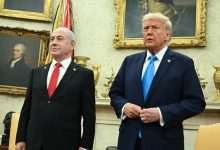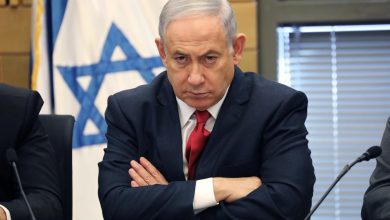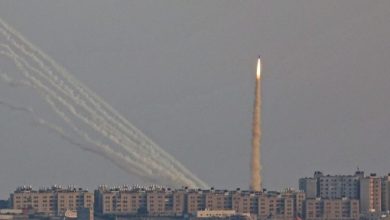Strategic Challenges in Gaza: Analysts Assess Military and Political Complexities Faced by the Israeli Army
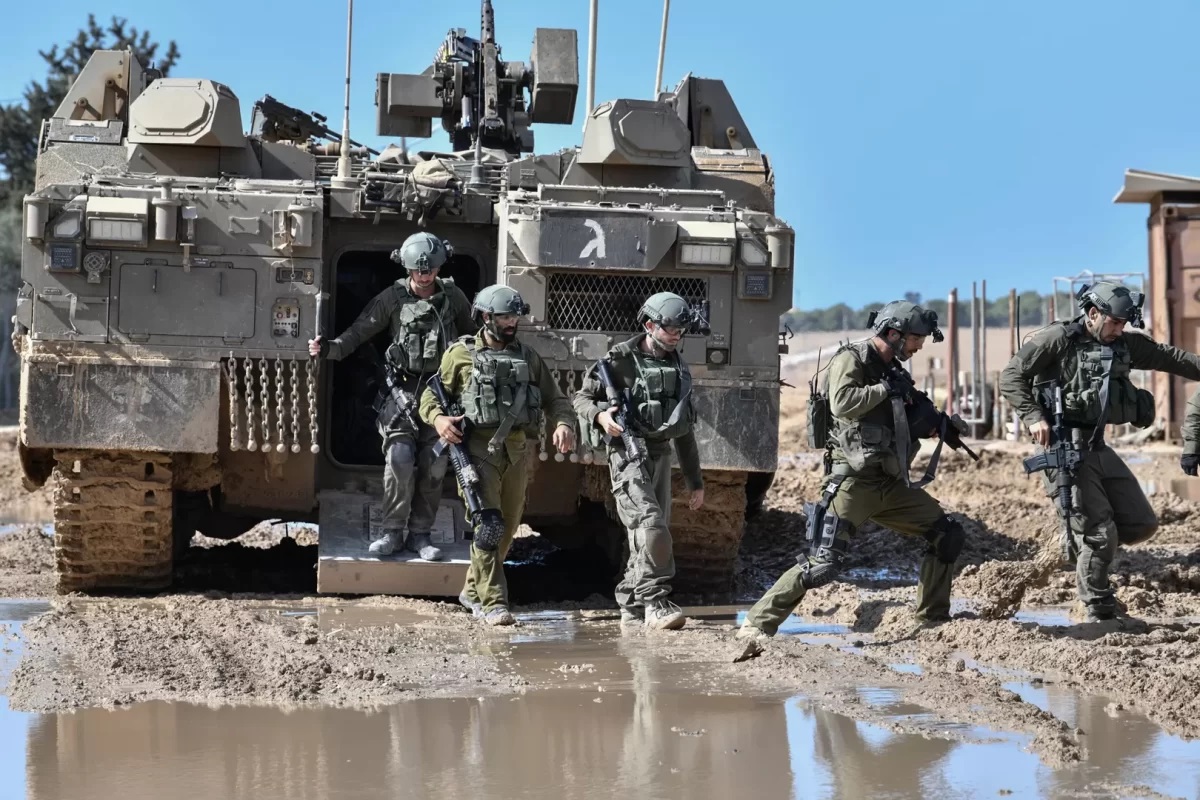
Watan-Two military analysts have discussed the difficulty of the Israeli military achieving its objectives in the event of a resumption of hostilities after the recent temporary ceasefire in the Gaza Strip, as reported by the Hebrew newspaper “Haaretz.”
The newspaper quoted military analyst Amos Harel as saying that resuming the ground operation in southern Gaza, specifically in the city of Khan Yunis, could take months, not weeks or days.
Harel noted that such an operation would face challenges because this area is where all the military capabilities of Hamas are concentrated, and they have not been damaged yet.
The military analyst added that around one million citizens have fled to that area, while fewer than 80,000 Palestinians remain in the northern part of the Strip.
U.S. Pressures and Political Considerations in Gaza
Amos Harel discussed what he described as American pressures affecting the nature of planned military operations in Gaza, anticipating increased pressure from President Joe Biden’s administration to prevent a sweeping attack in the southern part of the Strip.
According to the expert, the American perspective differs significantly from the plans of the Israeli military. The U.S. envisions a reduction of Israeli forces in the northern part of the Strip, the establishment of a buffer security zone, and permission for the Israeli army to carry out localized incursions in the north from that zone.
Potential U.S. actions to restrain its ally Israel could accelerate the tensions between Biden and Netanyahu.
However, due to domestic political considerations, Netanyahu leans towards prolonging the duration of the war. For him, a continuous ceasefire signifies a reversal in the political hourglass, which is not in the best interest of the Israeli Prime Minister.
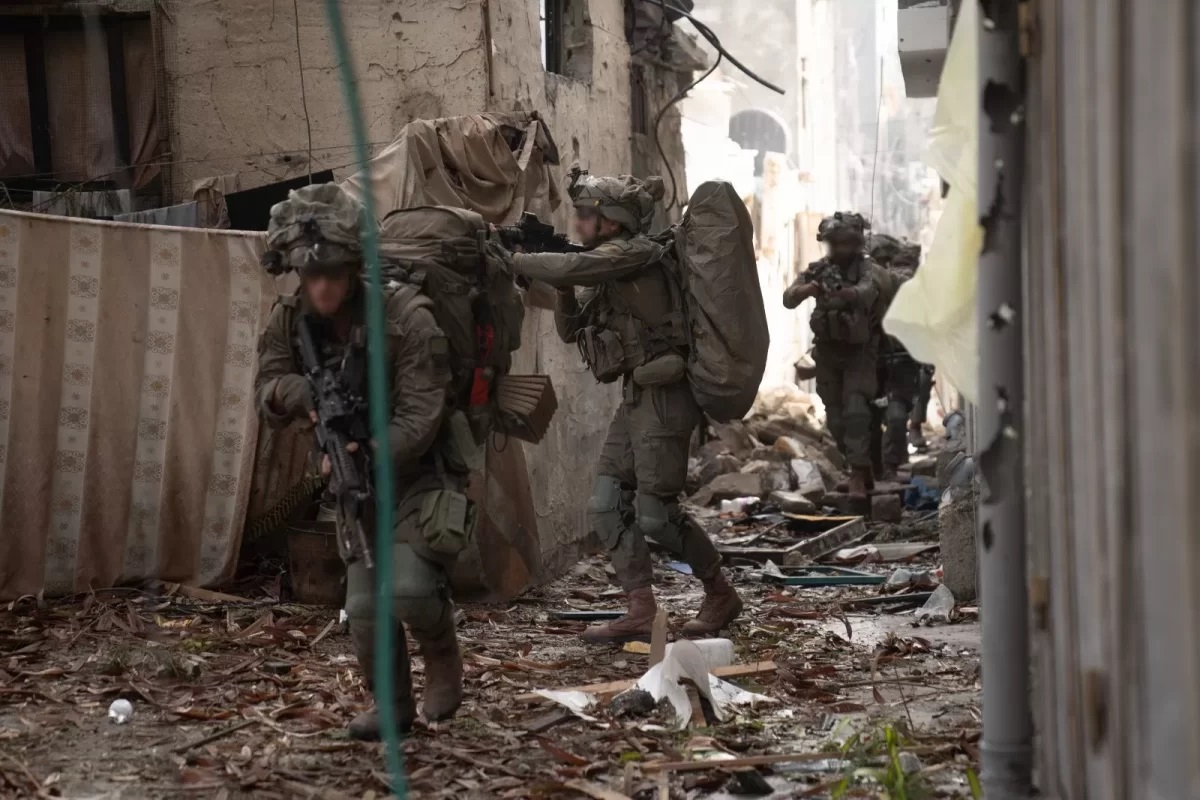
Palestinian Plan to Halt Gaza Offensive Revealed
Yedioth Ahronoth, the Israeli newspaper, also reported on the systematic plan by Palestinian leaders, specifically mentioning military analyst Yossi Yehoshua. According to Yehoshua, Sinwar (referring to Yahya Sinwar, a senior Hamas leader) has a deliberate plan to completely stop the Israeli military operation.
Yehoshua explained that the plan involves a very small deal, but the potential within it is not only the revitalization of their forces but a series of activities that could lead to ending the war. For instance, foreign media, especially American, would enter, and Sinwar would reveal to them images unknown to the Israeli public, depicting the destruction caused by the air force.
Additionally, temporary field hospitals established in the Gaza Strip and aid entering from Egypt and other countries would make it challenging for the Israeli army to execute a large-scale ground maneuver.
Yehoshua believes, for these reasons, that the planned military operation in Khan Yunis is difficult to carry out and has risky consequences, even though without it, it is impossible to “cause the collapse of Hamas rule.


